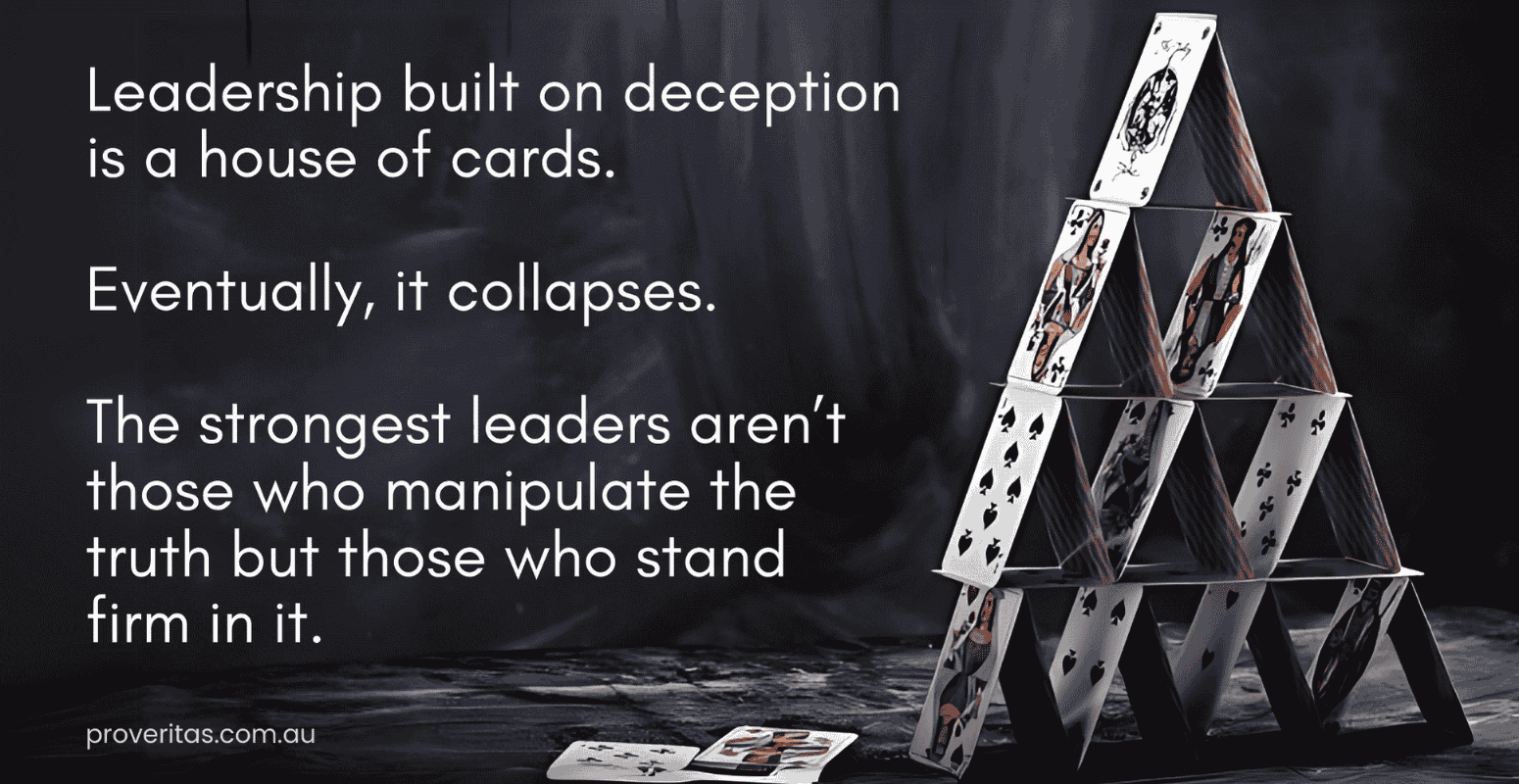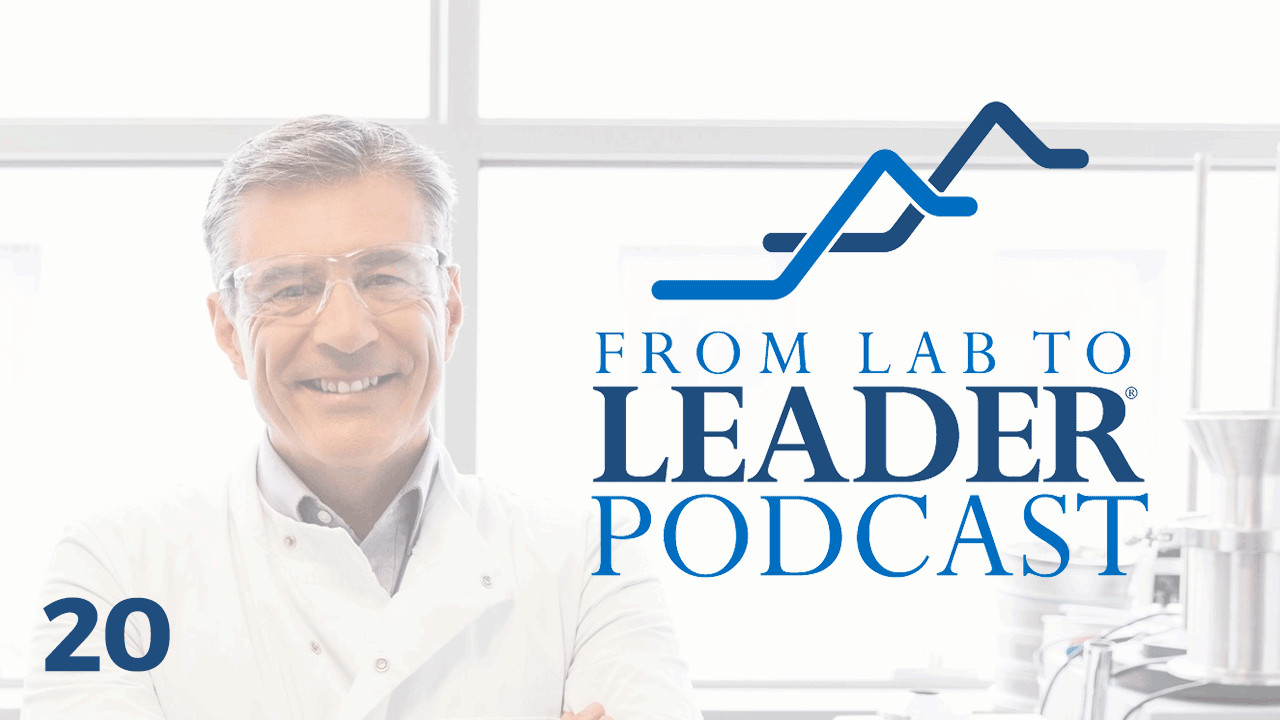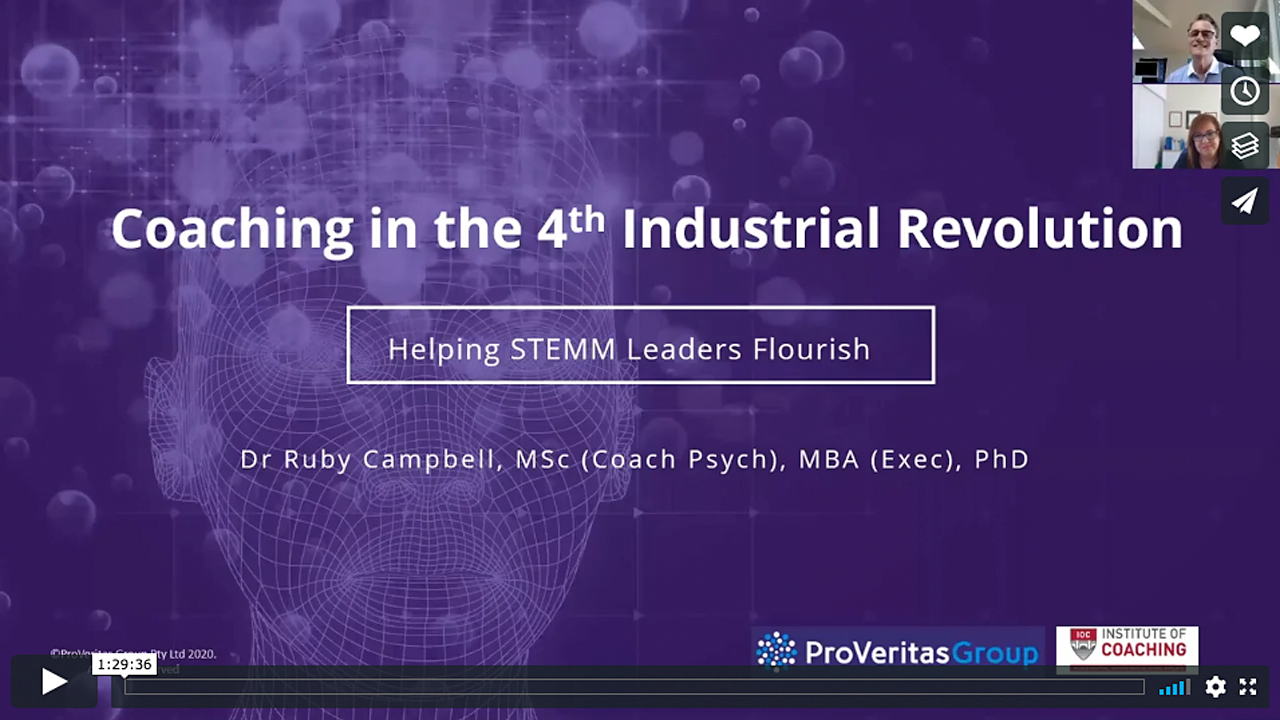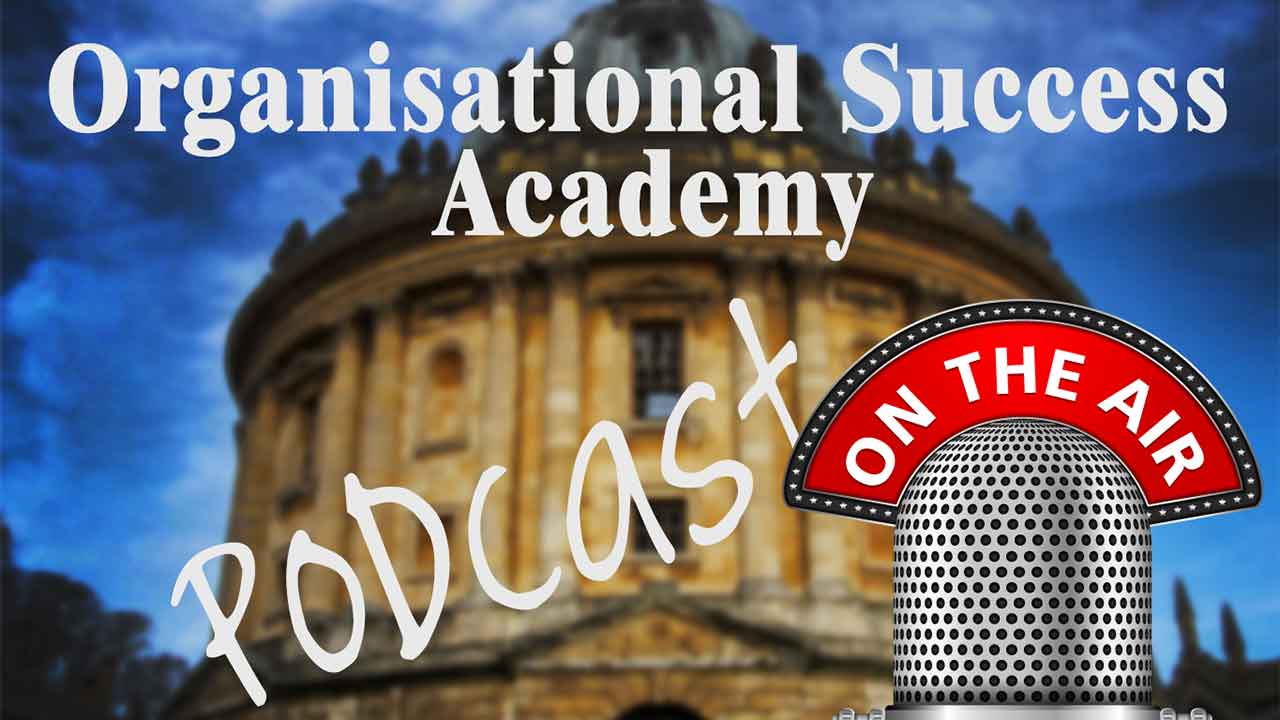Published: Feb 20, 2025
Written by: Dr Ruby Campbell

Power was a ruthless game in House of Cards (2013–2018), Netflix’s first original series that had us all questioning if binge-watching Machiavellian scheming was a healthy hobby. Frank Underwood’s cunning manipulations showed that politics wasn’t just about policies. It was about controlling the narrative. Every move was calculated, every relationship transactional, and the line between agreed action and betrayal was razor-thin.
But what happens when leadership isn’t driven by ego and deception, but by a commitment to something greater...like honesty?
Honesty isn’t just a virtue. It’s the bedrock of trust, stability, and long-term success in leadership. Yet, history and fiction alike show us that when leaders twist the truth, they often build a fragile empire destined to crumble. Leadership built on deception is a house of cards. Eventually, it collapses. The strongest leaders aren’t those who manipulate the truth but those who stand firm in it.
So why do some still take the risk? And what can we learn from the psychology of honesty to lead with credibility and integrity?
Honesty isn’t just about telling the truth. It’s about living it. Psychological research consistently shows that integrity-driven leadership fosters stronger teams, higher engagement, and better decision-making.
The VIA Character Strengths framework identifies honesty as a core strength, closely linked to authenticity and fairness. Leaders who embody this trait create cultures of psychological safety, where innovation thrives and ethical behaviour is the norm.
The HEXACO model of personality, developed by Ashton and Lee (2007), provides further insight into the role of honesty in leadership. The model’s "Honesty-Humility" dimension measures sincerity, fairness, greed-avoidance, and modesty. These traits distinguish ethical leaders from manipulative ones. Leaders high in this dimension are less likely to exploit others for personal gain, reinforcing trust and long-term credibility.
The Inner Development Goals (IDGs) framework highlights essential qualities for ethical leadership, including integrity, humility, and perspective. IDGs provide a roadmap for leaders to cultivate self-awareness and authenticity. These qualities are crucial for making decisions aligned with both personal and societal values. By developing these inner capacities, leaders can move beyond surface-level credibility and embody deeper integrity.
On the flip side, dishonesty—whether through deception, omission, or manipulation—erodes trust. Studies show that once trust is broken, it’s incredibly difficult to rebuild. The work of Shaul Shalvi and colleagues (2015) on behavioural ethics highlights how small lies often escalate, leading to a ‘slippery slope’ effect. This mirrors what we see in House of Cards, where Frank Underwood’s initial manipulations spiral into a web of deceit with catastrophic consequences.
Leadership built on deception is a house of cards. Eventually, it collapses. The strongest leaders aren’t those who manipulate the truth but those who stand firm in it.
Jeffrey Pfeffer's 7 Rules of Power (2022) highlights strategies that leaders use to accumulate and maintain influence, often at the expense of ethical considerations. While Pfeffer acknowledges the realities of power dynamics, his work raises critical questions about the intersection of power and honesty:
The interplay between Pfeffer’s principles and honesty highlights a fundamental leadership paradox. Power can be gained through manipulation, but its long-term sustainability depends on integrity.
Honesty isn’t just an individual trait. It shapes entire systems. When dishonesty becomes the norm, the consequences are severe:
In organisations, unethical leadership leads to financial scandals (Enron, Theranos), toxic cultures, and legal repercussions. Employees disengage, turnover rises, and reputations suffer.
At home, a lack of honesty erodes relationships, leading to breakdowns in communication, mistrust, and emotional distance.
At the national level, leaders who manipulate the truth fuel division, weaken democratic institutions, and create long-term instability (The Big Lie, misinformation surrounding Brexit).
Honest leadership isn’t about brutal bluntness. It’s about authenticity, accountability, and ethical decision-making. Here’s how you can cultivate both integrity and credibility:
While often used interchangeably, credibility and integrity are distinct yet interconnected. Credibility is about how others perceive you. It’s built through consistent actions, expertise, and reliability. Integrity, on the other hand, is about internal alignment. It’s living according to your core values, even when no one is watching.
A leader can be seen as credible but lack integrity if their success is based on deception. However, true leadership excellence requires both. Integrity ensures doing what is right, and credibility inspires trust and followership.
Through our coaching and training programs, clients at ProVeritas Leadership understand that that winning the minds and hearts of their teams, and maintaining their commitment towards a common purpose is a balancing act.
In this highly popular (and still relevant) 2018 article, we present 6 key learnings on leadership character, synthesised from thousands of hours of coaching conversations with our clients.
Leadership built on deception is a house of cards. Eventually, it collapses. The strongest leaders aren’t those who manipulate the truth but those who stand firm in it.
What kind of leader do you want to be?
Ashton, M. C., & Lee, K. (2007). Empirical, theoretical, and practical advantages of the HEXACO model of personality structure. Personality and Social Psychology Review, 11(2), 150-166.
Pfeffer, J. (2022). 7 Rules of Power: Surprising—but True—Advice on How to Get Things Done and Advance Your Career. Harvard Business Review Press.
Shalvi, S., Dana, J., Handgraaf, M. J. J., & De Dreu, C. K. W. (2015). Honesty requires time (and lack of justifications). Psychological Science, 26(6), 584-592.
Bazerman, M. H., & Tenbrunsel, A. E. (2019). Blind spots: Why we fail to do what’s right and what to do about it. Princeton University Press.
Grant, A. (2021). Think Again: The Power of Knowing What You Don’t Know. Viking.
Brown, B. (2018). Dare to Lead: Brave Work. Tough Conversations. Whole Hearts. Random House.
OUR KEY leadership coaching solutions
Emotional Intelligence, visioning, sense-making, inventing and other essential leadership capabilities.
Evidence-based, customised L&D solutions to equip 21st Century leaders achieve business outcomes sustainably.
Helping teams function as more than “the sum of its parts” by learning how to connect and collaborate effectively.
Helping organisations understand, develop and action evidence-based ESG strategies with humanity in mind.
Executive Leadership Media & Podcasts

Podcast: Ruby Campbell’s SCIENCE Coaching Model - Episode 20
LISTEN NOW HERE

Webinar: Dr Ruby Campbell with the IOC McClean Hospital/Harvard Medical School Affiliate on 'Coaching in the 4th Industrial Revolution'. Leadership Coaching has become one of the most effective Learning &...
VIEW VIDEO HERE

Podcast: In this episode from The Oxford Review Podcast, an interview from Dr Ruby Campbell, author of Scientists in Every Boardroom: Harnessing the power of STEMM leaders in an irrational...
LISTEN NOW HERE
Dr Ruby Campbell is the founder and Managing Director of ProVeritas Leadership, and Executive Coaching and Consulting firm. She is also the author of the ground-breaking book Scientists in Every Boardroom: Harnessing the Power of STEMM Leaders in an Irrational World.
MORE ABOUT OUR TEAM
Please complete the enquiry form so we can help you with your growth journey. You will receive an email from us within 24 hours.